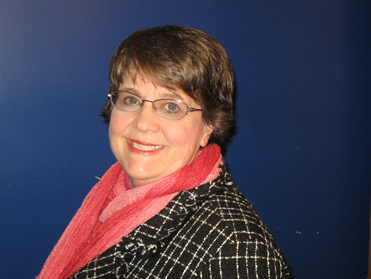Family & Children’s Center is proud to offer play therapy in our La Crosse, Viroqua and Winona offices.
So what exactly is play therapy? Play therapy is the systematic use of a theoretical model to establish an interpersonal process wherein trained play therapists use the therapeutic powers of play to help clients prevent or resolve psychosocial difficulties and achieve optimal growth and development.
How does play therapy work? Children are referred for play therapy to resolve their problems (Carmichael; 2006; Schaefer, 1993). Often, children have used up their own problem solving tools, and they misbehave, may act out at home, with friends, and at school (Landreth, 2002). Play therapy allows trained mental health practitioners who specialize in play therapy, to assess and understand children’s play. Further, play therapy is utilized to help children cope with difficult emotions and find solutions to problems (Moustakas, 1997; Reddy, Files-Hall, & Schaefer, 2005). By confronting problems in the clinical Play Therapy setting, children find healthier solutions. Play therapy allows children to change the way they think about, feel toward, and resolve their concerns (Kaugars & Russ, 2001). Even the most troubling problems can be confronted in play therapy and lasting resolutions can be discovered, rehearsed, mastered and adapted into lifelong strategies (Russ, 2004).
Who benefits from play therapy? Although everyone benefits, play therapy is especially appropriate for children ages 3 through 12 years old (Carmichael, 2006; Gil, 1991; Landreth, 2002; Schaefer, 1993). Teenagers and adults have also benefited from play techniques and recreational processes. To that end, use of play therapy with adults within mental health, agency, and other healthcare contexts is increasing (Pedro-Carroll & Reddy, 2005; Schaefer, 2003). In recent years, play therapy interventions have also been applied to infants and toddlers (Schaefer et. al., 2008).
The Minnesota Association for Play Therapy is spotlighting a deserving member each day this week. Today FCC’s very own Betty Lacine, MS, LPCC, RPT was recognized!

